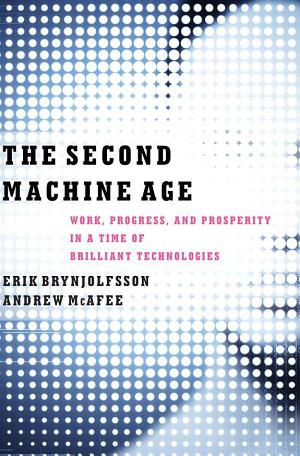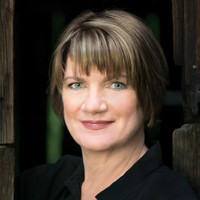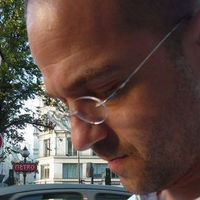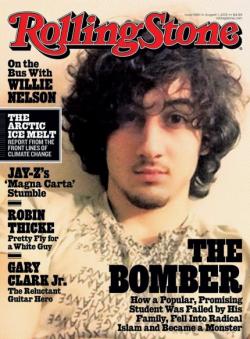
The Longform Guide to Optimism in the Second Machine Age
This guide is sponsored by The Second Machine Age, the New York Times bestseller by MIT's Erik Brynjolfsson and Andrew McAfee.
The Second Machine Age is a book about how the technological revolution is reinventing our lives and our economy. But unlike so many writing about tech, Brynjolfsson and McAfee, two thinkers at the forefront of their field, are hopeful for our technological future. And they've come up with roadmap for how to navigate it.
Buy a copy today. And while you wait for it to arrive, check out this collection of great, optimistic articles about tech, curated by Brynjolfsson and McAfee, that helped inspire their book:
Amazon • Barnes & Noble • iBookstore • Indiebound • Powell's Buy The Second Machine Age today:</p>
Buy The Second Machine Age today:</p>




















